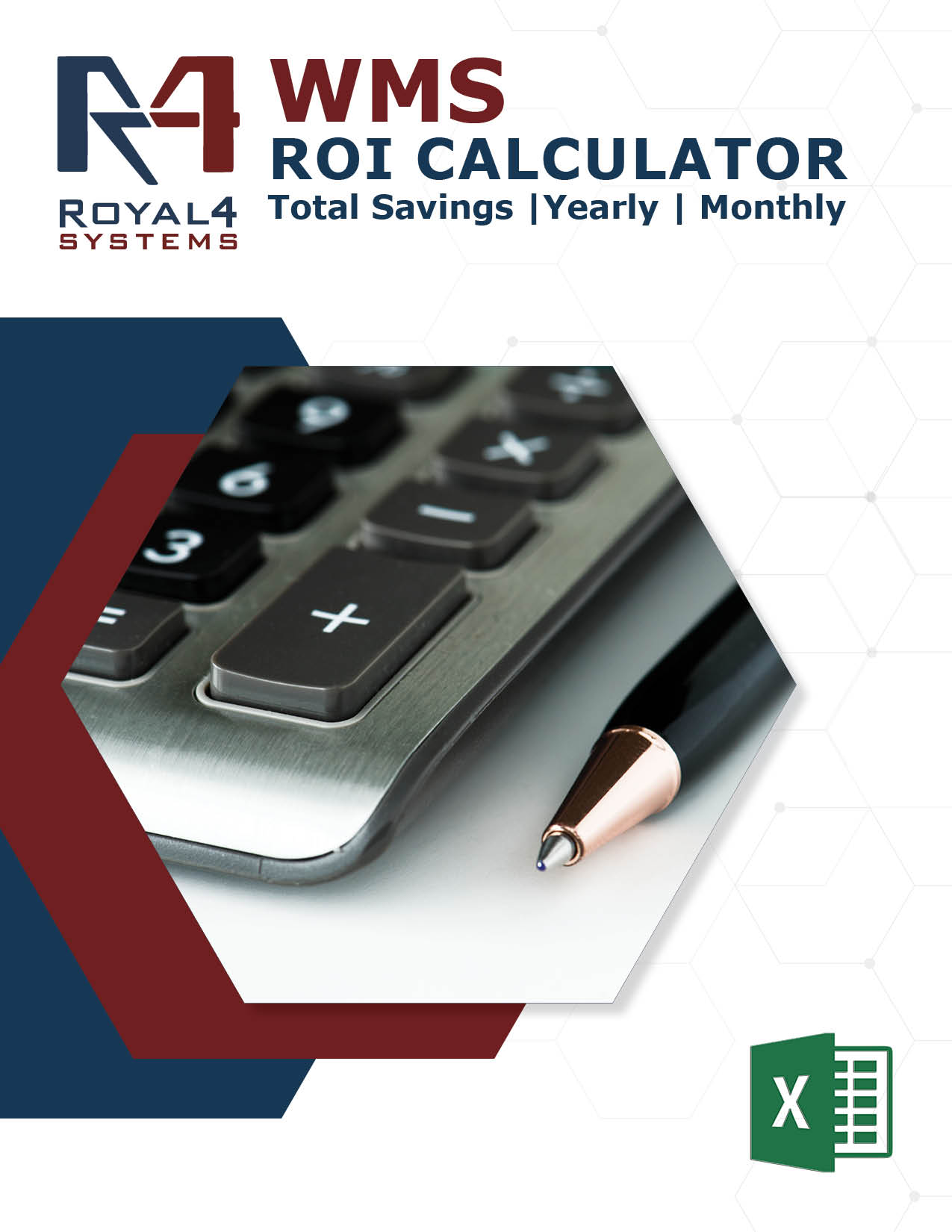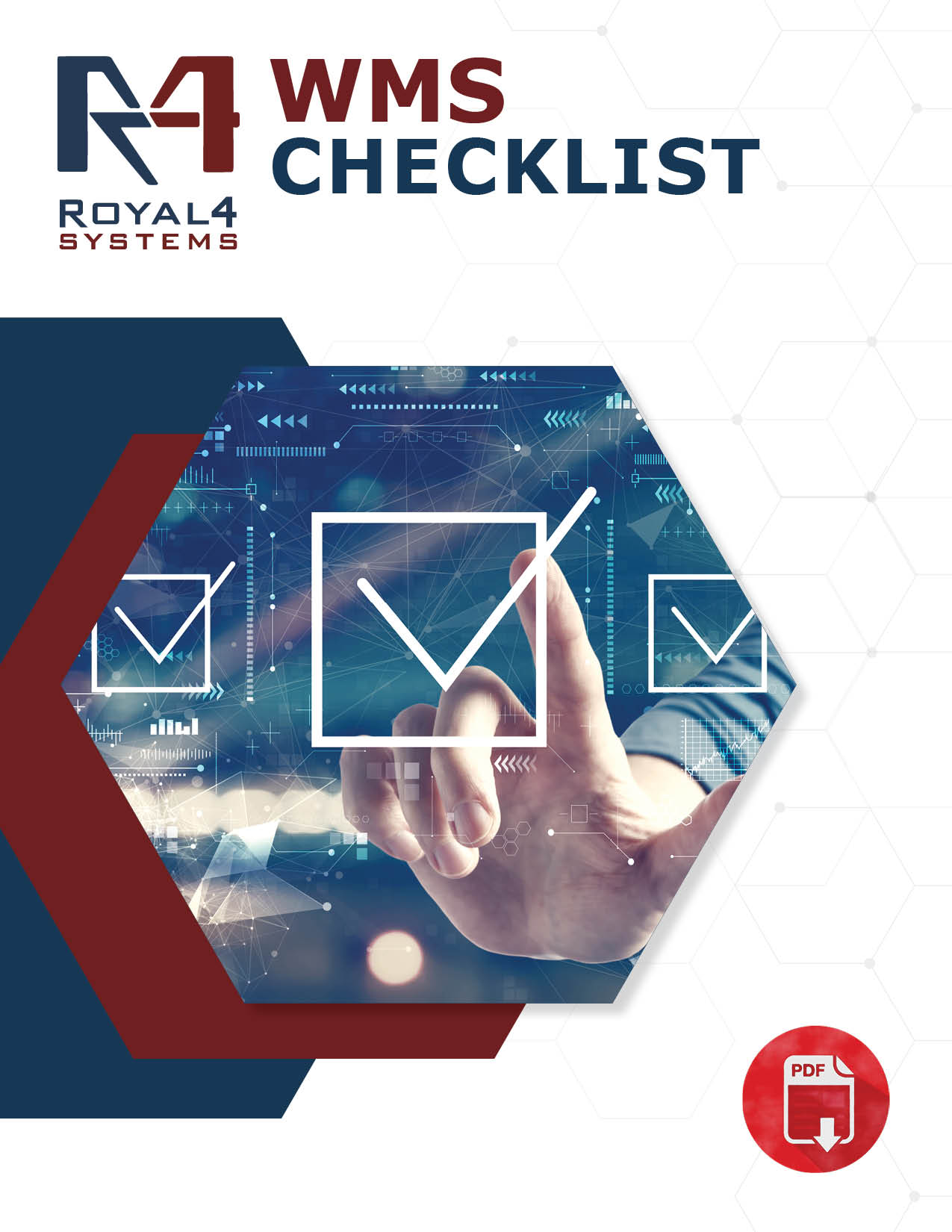
A multitude of companies and industries employ logistics software. From luxury automobile companies such as BMW to multinational soda corporation Coca-Cola and even Samsung Electronics, these businesses ensure that they have a reliable database and information system that can manage their supply chain, the bread, and butter of their corporation. It may then be somewhat baffling just what a warehouse logistics software is and how it operates, since it is highly regarded as the easiest and most convenient method to keep all necessary pieces of information, such as shipment and inventory, in a single place. In addition to these, finance and inter-departmental communication are also functions that may be available in logistics software. All these features are just within a single software application, thus, the efficiency of logistics software cannot be understated.
What is a Supply Chain?
Before getting into the nitty-gritty, the definition of a supply chain must be established. A supply chain is the entire procurement and transaction process between suppliers and their clientele– this includes the raw materials, updating the inventory, delivery of the final product, and even the retrieval of possible defective items back to the supply warehouse. In short, supply chains are literally a chain of events that revolve around the processes that different departments and suppliers encounter, thereby allowing the production and distribution of a certain product.
What is Logistics Software?
If supply chains are the processes between all the different core activities to provide goods to a consumer, then logistics software assists in those processes by providing the connection between the departments involved, including the client and the manufacturer. This is possible because data within the company and warehouse can be accessed by the authorized departments, and more often than not, updated in real-time. Not only that, but individuals assigned to specific orders and departments are able to communicate via the software, thus ensuring that proper information dissemination is applied. In order to achieve all these, logistics software commonly includes many different functions, such as, but are not limited to: order, warehouse, inventory and logistics, supply chain management, and real-time visibility.
Order management deals with the purchases created by the enterprise and often requires logistic software solutions. Tracking features and alike minimizes manual coordination which includes receiving, scheduling, processing, storage, shipping, and deliveries. Other functions that assist with the order management process are automatic scheduling, real-time optimization and tracking, automatic bill generation, managing order status, and multiple payment gateways. This feature alone minimizes errors that would otherwise occur if done manually.
Next, the warehouse management feature’s focal point is allowing hassle-free operations by deploying functions such as customized prices, quick invoices, electronic notifications and barcode scanning. These features improve overall accuracy and cut manual work by 50% which fundamentally saves on substantial costs. Furthermore, the feature involving inventory and logistics management handles the tracking and optimization of inventory costs, a process that could arguably be one of the most difficult areas to manage.
Tracking and tagging inventory is typically the best way to keep track of lost or damaged goods. Furthermore, the system also tracks the real-time inventory position, value, location, and status.
On the other hand, proper supply chain management is no doubt essential in any business. This function of the logistics software focuses on the transformation of raw materials to the end products and manages how well-made these products are via meticulous quality checking. Additionally, the feature links the production, shipment, and delivery processes.
Lastly, real-time visibility allows all necessary departments to access the information they need as it’s being updated. This ensures that data shared between employees are accurate. Additionally, real-time visibility aids in mobility for companies in unfavorable situations such as cancellations or last-minute requests and changes.

Benefits of Logistics Software
Logistics software and management make the entire supply chain process effective and efficient by providing smooth operational mobility. An improved supply chain performance, in conjunction with accurate information dissemination, aids in lowering overall costs as well as optimizing customer service. Logistics management software comes with a plethora of benefits, hence why a number of businesses consider having one essential in their management. Listed below are some of the benefits if the right logistics software is implemented into one’s enterprise:
- Cost Reduction
- Arguably the biggest benefit that one may get from utilizing a logistics software is its ability to lower the overall expenses of a company. It assists in the analyzation and comparison of prices from procurement of raw materials to shipping options and everything in between. This gives better decision-making options for the company since it allows maximum cost-benefit analysis.
- Real-time Updates and Analysis
- Because all departments are interconnected with one another via the software, real-time updates can be made and thereby providing all essential data in a single place, accessible to all employees in charge. Corollary to this advantage, vital actions needed to the maintenance of the warehouse inventory become easier and minimize the chances of over and under supplying.
- Easy Communication
- Since logistics software displays all the relevant data to the different departments, it makes itself an efficient mode of communication, especially since employees can readily access pertinent data rather than manually inquiring with the different departments, which could also lead to a longer turnaround time. For example, if a company needs to manufacture a certain product, the employee can look at the inventory function to see if there’s enough of the raw material. In the event that there is a shortage of such, they can easily go to the purchasing function and fill out a purchase order for the needed materials.
- Scalability
- While various logistics software specialize in specific company sizes, they can still be scaled depending on the growing demand of the company. Thus, its scalability can be similar to its adaptability, thus aiding in the management of extra incurred orders.
- Risk Management
- Risk management is pivotal in any business. Having an implemented logistics software greatly aids in setting strategic company decisions by detecting and mitigating certain risks according to the company’s previous trends. Without this software, tons of paperwork and discussions or meetings would be held simply to analyze the trends and choose the necessary action to take.
Conclusion
To cap things off, a warehouse logistics management software is an integrated information system that controls the movement of goods and services. The software is meant to manage and oversee the processes in a typical business supply chain, mostly by coordinating significant data amongst the people involved. The supply chain is basically the entire process of procuring, manufacturing, and distributing goods. Without logistics software, processes become tedious and the percentage of human error becomes higher, thereby costing the company more. It comes as no surprise that businesses are beginning to consider warehouse logistics management software as an essential asset. Nevertheless, since there are many providers of such software, it is up to the management to choose which provider can cater best to their business type and needs.
Request a Demo
Need more information?
Solutions






![image001[25]](https://www.royal4.com/wp-content/uploads/2023/11/image00125.png)